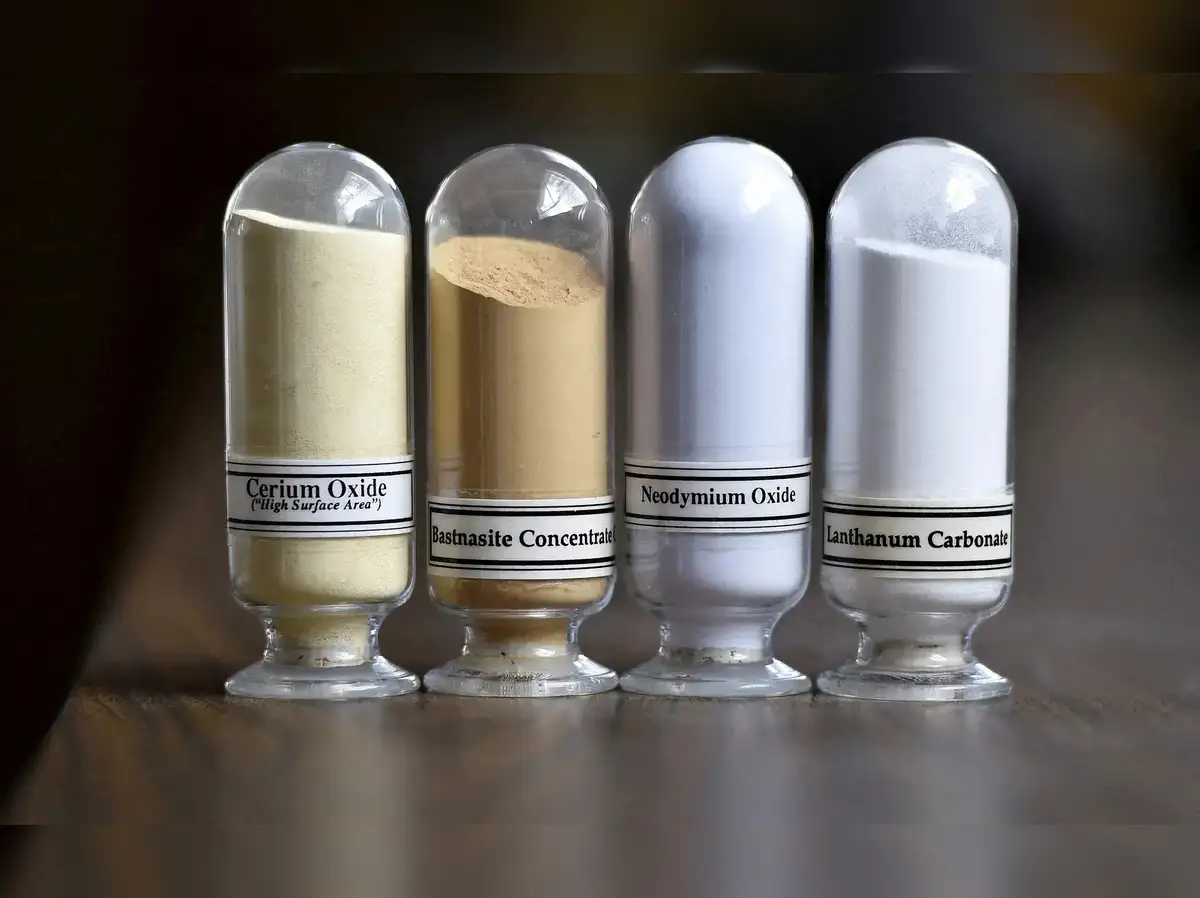

The production of Apple AirPods in India by Foxconn is reportedly facing headwinds due to a shortage of rare earth minerals, specifically dysprosium. This shortage arises amidst increasing export restrictions from China, potentially disrupting Apple's broader strategy to diversify its manufacturing base outside of China.
Foxconn, a primary Apple supplier, began manufacturing AirPods at its Indian plant in April of last year as part of Apple's initiative to shift production away from China. These earbuds require rare earth metals like neodymium and dysprosium. Neodymium, often used in magnets, is sourced from China and other regions.
The shortage of dysprosium, a rare earth metal, is creating hurdles for Foxconn's production. Reports indicate that the company is working to manage the situation, anticipating approval for additional material by the end of July. The Foxconn logistics team expects approval within 45-50 days from the application date. In the interim, the company is reportedly utilizing existing supplies of rare earth metals and dysprosium to maintain production cycles.
Apple has been actively working to diversify its supply chain since 2017, with India becoming a central hub due to its large workforce and government incentives like the "Make in India" program. Foxconn has been investing in India since 2006, and other suppliers like Pegatron and Wistron have also established operations there. However, these efforts have faced challenges, including infrastructure issues, high logistics costs, and complex workforce management.
Recent developments highlight the complexities of this shift. There have been reports of over 300 Chinese engineers and technicians withdrawing from Foxconn's iPhone manufacturing facilities in India. These engineers played a vital role in training local staff and maintaining quality standards, and their departure could potentially delay Apple's production targets. China's export restrictions on rare-earth magnets and specialty fertilizers, which India heavily relies on, add another layer of complexity.
Despite these challenges, Apple seems committed to its expansion in India, even undertaking new product introductions in the country. This signifies Apple's confidence in its Indian manufacturing partners' ability to meet delivery timelines. To mitigate supply chain risks, Apple is also exploring sourcing key components from within India, although this may take time due to the current lack of electronics suppliers that meet Apple's quality standards.
To further strengthen its supply chain, Apple is also investing in rare earth magnets within the United States.
The current trade environment presents both opportunities and challenges for India's manufacturing sector. While Apple aims to shift a significant portion of its US-bound iPhone production to India, logistical and structural hurdles remain. The Indian government's production-linked incentive program aims to increase manufacturing's contribution to India's GDP.